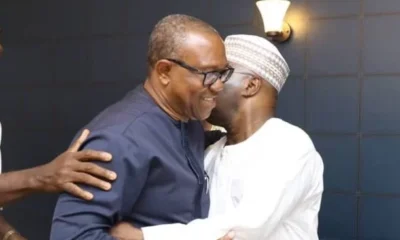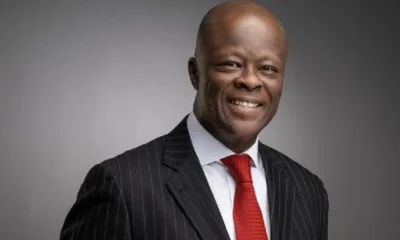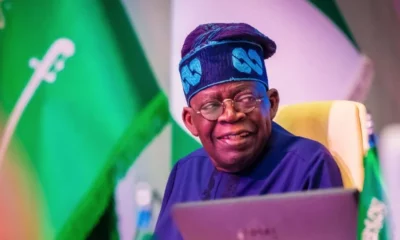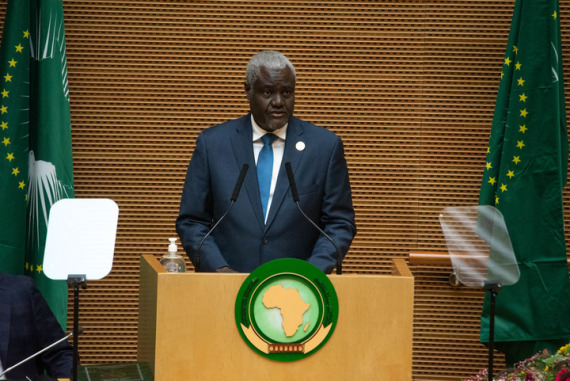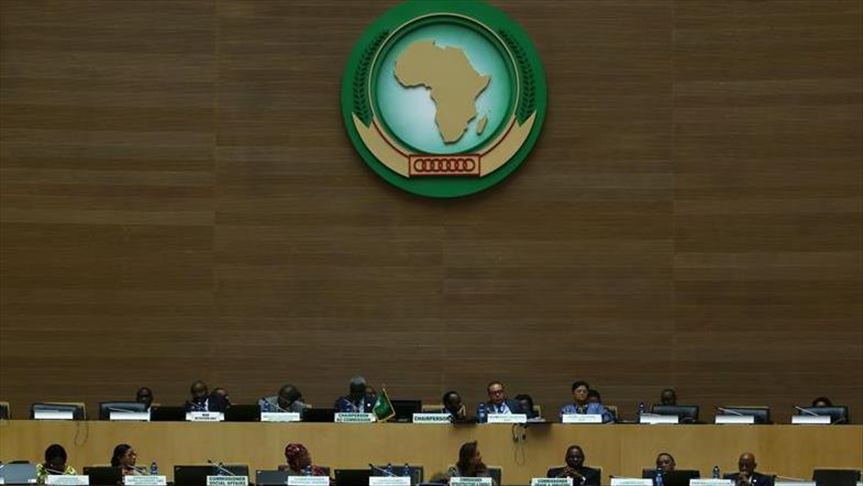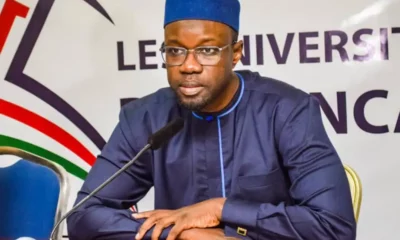One of my favourite stories on pan-African action (or in this case inaction), one I will never tire of repeating, comes from 2002, when the discredited Organisation of African Unity, was rebranded into an ambitious, new African Union (AU).
There were many big hitters in African statehouses then. Talking of those who have had the grace to step down or leave honourably after electoral or political defeat, or have departed, in Nigeria we had Olusegun Obasanjo, a force of nature. Cerebral and studious Thabo Mbeki was chief in South Africa. In Ethiopia, the brass-knuckled and searingly intellectual Meles Zenawi ruled the roost.
In Tanzania, there was the personable and thoughtful Ben Mkapa. In Botswana, there was Festus Mogae, a leader who had a way of bringing out the best in people. In Senegal, we had Abdoulaye Wade, fresh in office, and years before he went rogue.
And those are just a few.
This club of men (there were no women at the high table) brought forth the AU. At that time, there was a lot of frustration about the portrayal of Africa in international media, we decided we must “tell our own story” to the world. The AU, therefore, decided to boost the struggling Pan-African New Agency (Pana) network.
The members were asked to write cheques or pledges for it. There were millions of dollars offered by the South Africans and Nigerians of our continent. Then, as at every party, a disruptive guest made a play. Rwanda, then still roiled by the genocide against the Tutsi of 1994, offered the least money; a few tens of thousand dollars.
There were embarrassed looks all around. Some probably thought it should just have kept is mouth shut, and not made a fool of itself with its ka-money. Kigali sat unflustered. Maybe it knew something the rest didn’t.
The meeting ended, and everyone went their merry way. Pana sat and waited for the cheques to come. The big talkers didn’t walk the talk. Hardly any came, and in the sums that were pledged. Except one. The cheque from Rwanda came in the exact amount it was promised. The smallest pledge became Pana’s biggest payday.
The joke is that it was used to pay terminal benefits for Pana staff. They would have gone home empty-pocketed.
We revive this peculiarly African moment (many a deep-pocketed African will happily contribute $300 to your wedding but not 50 cents to build a school or set up a scholarship fund), to campaign for the creation of small and beautiful African things.
It was brought on by the announcement by South Korea that it had joined the African Summit bandwagon, and is shortly hosting a South Korea-Africa Summit — like the US, China, the UK, the European Union, Japan, India, Russia, Italy, Saudi Arabia, and Turkey do.
Apart from the AU, whose summits are in danger of turning into dubious talk shops, outside of limited regional bloc events, there is no Pan-African platform that brings the continent’s leaders together.
The AU summits are not a solutions enterprise, partly because over 60 percent of its budget is funded by non-African development partners. You can’t seriously say you are going to set up a $500 million African climate crisis fund in the hope that some Europeans will put up the money.
It’s possible to reprise the Rwanda-Pana pledge episode; a convention of African leaders and important institutions on the continent for a “Small Initiatives, Big Impact Compact”. It would be a barebones summit. In the first one, leaders would come to kickstart it by investing seed money.
The rule would be that no country would be allowed to put up more than $100,000 — far, far less than it costs some presidents and their delegations to attend one day of an AU summit.
There would also be no pledges. Everyone would come with a certified cheque that cannot bounce, or hard cash in a bag. After all, some of our leaders are no strangers to travelling around with sacks from which they hand out cash like they were sweets.
If 54 states (we will exempt the Sahrawi Arab Democratic Republic for special circumstances) contribute $75,000 each, that is a good $4.05 million.
If just 200 of the bigger pan-African institutions such as the African Development Bank, Afrexim Bank, the giant companies such as MTN, Safaricom, East African Breweries, Nedbank, De Beers, Dangote, Orascom in Egypt, Attijariwafa Bank in Morocco, to name a few, each ponied up $75,000 each, that’s a cool $15 million just for the first year alone.
There will be a lot of imagination necessary to create magic out of it all, no doubt, but if I were asked to manage the project, I would immediately offer one small, beautiful thing to do.
After putting aside money for reasonable expenses to be paid at the end (a man has to eat) — which would be posted on a public website like all other expenditures — I would set out on a programme to get the most needy African children a dose of deworming tablets. Would do it all over for a couple of years.
Impact? Big. I read that people who received two to three additional years of childhood deworming experience an increase of 14 percent in consumption expenditure, 13 percent in hourly earnings, and nine percent in non-agricultural work hours.
At the next convention, I would report back, and possibly dazzle with the names, and photographs, of all the children who got the treatment. Other than the shopping opportunity, the US-Africa Summit would have nothing on that.
Charles Onyango-Obbo is a journalist, writer, and curator of the “Wall of Great Africans”. X@cobbo3
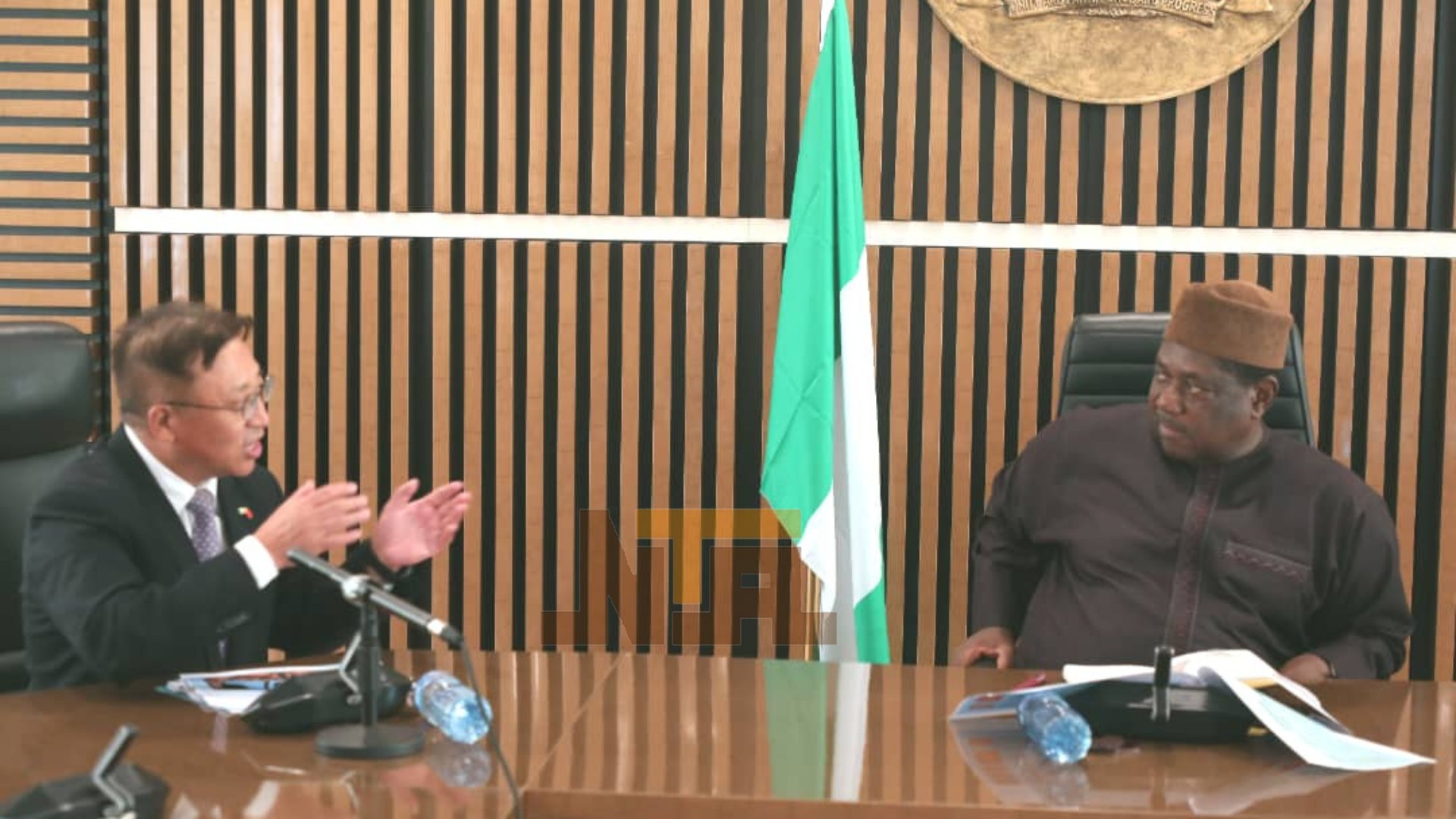

 Sports1 day ago
Sports1 day ago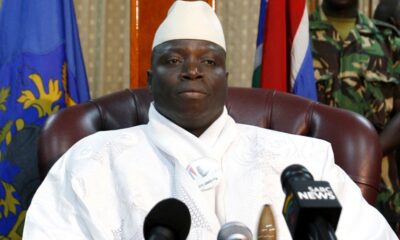
 Politics1 day ago
Politics1 day ago
 Culture1 day ago
Culture1 day ago
 Tech1 day ago
Tech1 day ago

